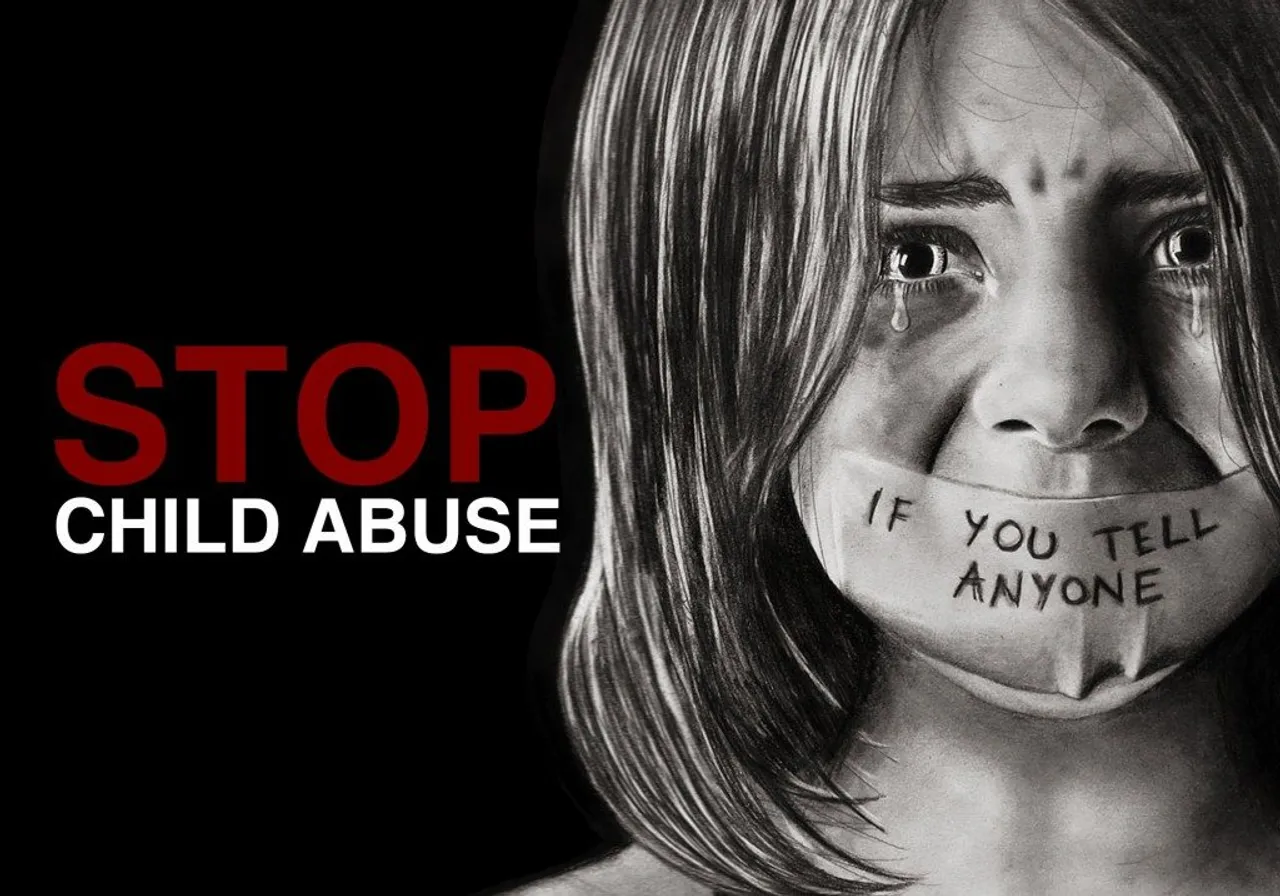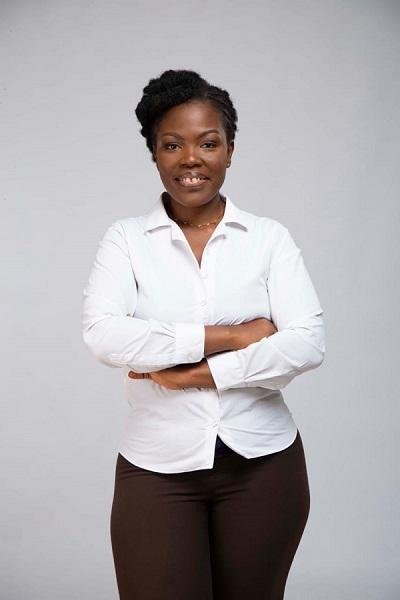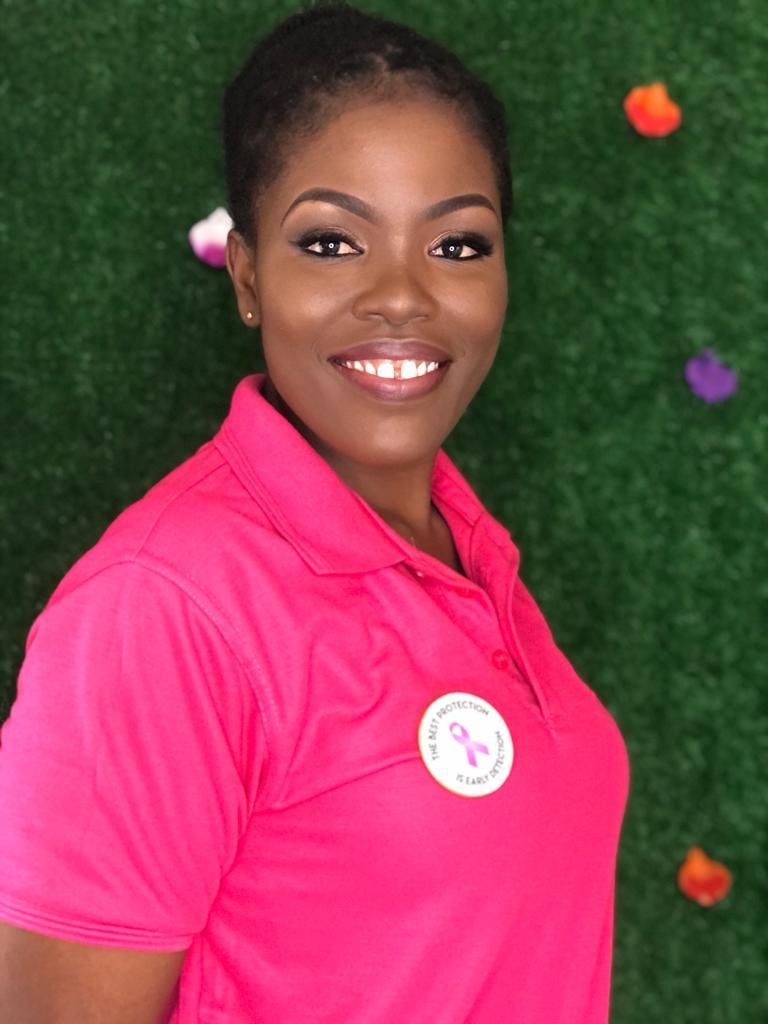Gender
Betrayal of trust: Understanding effects of abuse and assault on children

Mostly sexually abused victims are often abused by people they trust which can include family members, friends, acquaintances, or authority figures.
This makes it difficult for victims and the guardians to report the abuse or seek help as they may feel a sense of loyalty or obligation to the perpetrator.
Due to this sense of loyalty, many of such cases are either not reported to the police and are sometimes either settled at home with a little token as compensation or without it at all.
A typical case currently is that of Ransford, a 16-year-old footballer who is said to have been allegedly sodomised by the coach of his club, Siano Soccer Academy.
Unfortunately, Ransford died at the Komfo Anokye Teaching Hospital, after battling with severe illness which was as a result of the sexual abuse he had endured for the past three years.
Many of such cases occur and often remain hidden because of the person who committed the crime and also because victims do not believe the justice system.
Abuse of trust can have profound impact on victims, making them feel vulnerable, betrayed and powerless.
The Domestic Violence and Victims Support Unit (DOVVSU) exist to provide free services to members of the public; protect the rights of the vulnerable against all forms of abuse be it physical, sexual, emotional and psychological, socio-economic, or harmful cultural practices; establish an effective database for crime detection, prevention and prosecution.
The Unit also refer victims for medical services and specialised help to clinical psychologists; social workers from the Department of Social Welfare and counsellors attached to the Unit.
In February 2015, the government of Ghana approved its new Child and Family Welfare Policy which aims at preventing and protecting children from all forms of violence, abuse, neglect and exploitation.
The effects of sexual assault on children can have devastating, long-lasting and profound effects on the lives of victims and their loved ones.
These people abuse the trust to sexually exploit or assault minors. They groom, coerce, and deceive children and teens into committing sexual acts in person or online.
A report by the Ghana Statistical Service 2011 states that over 90 per cent of children report having experienced physical violence, both at home and in the school environment.
A paper on culture and nondisclosure of child sexual abuse in Ghana on behalf of the American Bar Foundation and authored by Kofi E. Boakye said the concept of patriarchy and its relation to rape and violence against women in general was given greater prominence.
It said further to the concept of patriarchy, and its excesses are false beliefs about (child) sexual abuse and its victims, also likely to negatively influence the disclosure of child abuse.
According to the paper, culture remains a crucial site for the construction and perpetuation of these misconceptions or false beliefs.
United Nations Childrens Fund (UNICEF)
According to the UNICEF the financial burden of child abuse in Ghana was estimated at more than USD 200 million per year or one per cent of Ghana’s GDP.
The estimated total number of children who have been physically or emotionally abused was noted at 3.4 million in Ghana.
According to UNICEF, issues that impede the prevention of violence against children include social norms, accepting and promoting the use of violence in schools, homes and other institutions as an effective way to manage the behaviour of children, laws permitting the use of “reasonable” punishment by parents against children.
Also insufficient allocation of resources to prevention and response programmes in all spheres, inadequate capacity of key government actors – including social workers, teachers, police, prosecution and courts – to prevent and respond
Other factors include lack of timely and continuous specialised management of child protection cases of violence, cultural practices inhibiting the ability of survivors of violence to come forward, and poor quality of care given to survivors of violence, which may put them to greater risk.
In 2015, UNICEF and its partners produced a Child Protection Community Facilitation Manual and toolkits containing games and activities that are designed to stimulate community reflection on child protection issues and encourage local action.
In November 2017, UNICEF with support from the Government of Ghana launched the ‘Ghanaians Against Child Abuse’ (GACA) campaign, which runs in line with the government’s Child and Family Welfare and Justice for Children policies that are helping to strengthen the child protection system in Ghana.
The campaign is using various channels including social media, traditional media, mobile theatre to create awareness on child abuse issues whilst mobilising national support to provide a safe and protective environment for children.
It is anticipated that this movement will help change the narrative of how Ghanaians protect their children.
Breaking the silence around sexual abuse and assault is crucial to preventing crimes and supporting victims.
Talking about assault has its advantages although it might be difficult for the victims to identify them.
Breaking the silence, victims talking about their experience, sharing their suffering, understanding what happened to them and the impacts on their lives and establishing relationships based on trust can contribute to giving them tools to regain their confidence.
Also education plays a crucial role in preventing any form of child sexual abuse when a child is educated on the effects of sexual abuse it arms then as well as their parents, trusted adults and educators with crucial information to keep kids safe either at home or online.
It empowers the children and their guardians with the knowledge and tools they need to protect themselves.
Also, the fight against child abuse or assault transcends borders and requires collaboration between law enforcement, non-governmental organisations, parents and educators, and the public at large.
There is therefore the need for partnerships to amplify the impact of abuse and assault on children and need for a coordinated response to fight a crime of child sexual abuse.
Gender
Galamsey threatening spike in breast cancer cases — Breast Society warns
THE Breast Society of Ghana has sounded the alarm on a looming surge in the incidence of breast cancer in Ghana as the menace of illegal mining (galamsey) continues to ravage many communities across the country.
It indicated that an average of 5,000 women were diagnosed with the disease every year out of which 2,500 died, but the situation could deteriorate if the galamsey onslaught did not cease immediately.
Prof. Martin Morna, an Associate Professor with the School of Medical Sciences (SMS) of the University of Cape Coast (UCC) and member of the Society, warned that mercury, lead, arsenic and other chemicals introduced into water bodies and the soil were carcinogenic and could increase the susceptibility of women to breast cancer.
The Society issued the warning when it held a grand durbar on breast cancer awareness in Cape Coast, sensitising mostly second cycle students to the fatal disease and mounting a strong advocacy against stigmatisation.
The durbar highlighted the devastating dangers of the breast disease and called for love and support for victims, instead of stigma and ostracisation.
The mammoth gathering was held under the Society’s Empowerment Project as part of its 13th Oguaa Breast Cancer Campaign on the theme: “Breast cancer: Stop the stigma and be supportive.”
Prof. Morna underscored the dangers of the disease noting that cancer cells could invade other organs and parts of the body including the bone, brain and liver and cause them to fail.
He said the disease could happen to anybody but factors such as age, gender, race, family history, smoking, null parity, contraception, and delaying first birth until 30 years increased the risk of getting it.
He said early signs of the disease included bloody or blackish discharge from the breast, adding that the early signs were usually not painful or bothersome.
“Anyone who goes beyond 40 years should quickly see the doctor if they find a lump in their breast,” he said.
“It is good to do screening regularly; do it once every two years if you are at average risk, and once every year if you are at high risk,” he added.
Prof. Akwasi Anyanful, Former Vice President of the Society and Associate Professor with UCC SMS, painted a global picture of the breast cancer disease, noting that 2.3 million cases were recorded in 2022 alone out of which 665,000 succumbed.
He observed with worry that the incidence of breast cancer was higher among Caucasians, but mortality was higher among blacks.
He also observed that breast cancer could also affect men, adding that men died faster when affected.
Mrs Georgina Kumah-Dzagah, a survivor of breast cancer, shared her experience with the disease and how she suffered stigma at the hands of friends and family.
She said she had gone through all the stages of the disease including lumpectomy, mastectomy, radiotherapy, hormonal therapy, and chemotherapy even though she detected the disease at the early stage.
“The deepest wound doesn’t come from the cancer but how people respond to it. I was 31 years when I was diagnosed, and my world changed in an instance.
“I didn’t just lose my breast, I lost friends. Social gatherings became more painful because people looked at my chest instead of my face,” she recounted.
She emphasised that breast cancer was real but not contagious, urging people to be more supportive to patients.
—GNA
Join our WhatsApp Channel now!
https://whatsapp.com/channel/0029VbBElzjInlqHhl1aTU27
Gender
Awareness: First weapon against breast cancer

October is globally observed as Breast Cancer Awareness Month -a period dedicated to raising awareness, honouring millions of lives touched by the disease, and reaffirming the worldwide commitment to equitable access to care and improved survival for all.
This annual observance, marked in countries across the globe, serves as a rallying point to increase attention and support for early diagnosis, treatment, and survivorship. The 2025 theme, “Every story is unique, every journey matters,” places a spotlight on the deeply personal experiences of breast cancer survivors and patients. It underscores the diversity of their struggles while reinforcing the urgent need for compassionate, timely, and quality care regardless of geography, income, or background.
Behind every diagnosis lies not only a medical condition but also a story-one filled with courage, resilience, and hope. These stories extend beyond individuals, shaping the experiences of their families, friends, and entire communities.
Breast cancer continues to be the most diagnosed cancer among women worldwide. According to the World Health Organisation (WHO), approximately 2.3 million women were diagnosed in 2022, and about 670,000 died from the disease.
“These are not just numbers but mothers, sisters, daughters, and friends who deserve hope and dignity,” the WHO emphasises.
Survival rates, however, differ starkly across regions. While the five-year survival rate exceeds 90 per cent in high-income countries, it drops to 66 per cent in India and 40 per cent in South Africa. The reasons are clear: unequal access to early detection, timely diagnosis, and effective treatment.
If current trends remain unchecked, both incidence and mortality are projected to rise by 40 per cent by 2050. To address this, the WHO established the Global Breast Cancer Initiative in 2021, working with partners to strengthen health systems and reduce preventable deaths worldwide.
The situation in Ghana
In Ghana, breast cancer poses a particularly pressing public health concern. It is the most common cancer among women, accounting for about 15 per cent of all malignancies.
Studies reveal a troubling trend: almost 70 per cent of women are diagnosed at advanced stages, where treatment options are limited and survival rates much lower. In 2012, nearly half of Ghanaian women diagnosed with breast cancer lost their lives to the disease.
These statistics point to late presentation, cultural stigma, and limited access to screening facilities as some of the key factors fuelling high mortality.
Experts warn that unless more women come forward for early screening and timely treatment, these figures may remain stubbornly high.
Executive Secretary of the Breast Cancer Society of Ghana (BCSG), Mrs Georgina Kumah-Dzagah, said the numbers are not just statistics, they represent lived experiences. A survivor herself, she knows first-hand the difference early detection and treatment can make.
“My journey could have ended differently if I had ignored the early signs,” she reflected. “That is why the theme ‘Catch it early, treat it right, survive it’ is not just a slogan to me. It is a lifeline that can save countless women.”
Mrs Kumah-Dzagah believes awareness is the first weapon in the fight. She stresses that women must be proactive, know their bodies, and act quickly when something feels unusual.
“A lump, nipple discharge, or changes in the skin should never be ignored or treated with fear and silence,” she explained. “Hospitals and screening centres are there to help us, not to harm us. Early detection gives the best chance for a cure.”
The Executive Secretary also raised concern about the role of misinformation and reliance on untested remedies saying, too often, delays and misplaced trust in alternative cures cost lives.
“Treating it right means trusting science and trained professionals,” she stressed. “Modern treatment -whether surgery, chemotherapy, radiotherapy, or hormone therapy -may be tough, but it saves lives. I went through these treatments myself, and though the journey was not easy, I am living proof that treatment works when given at the right time.”
Her message resonates strongly in a society where cultural beliefs sometimes discourage women from seeking hospital care, and myths about breast cancer fuel stigma.
For Mrs Kumah-Dzagah, survival is not simply about conquering the disease. It is also about reclaiming life, hope, and purpose.
“Breast cancer is not a death sentence,” she affirmed. “Survivorship comes with challenges, but it also brings strength. Today, I speak not just for myself but for every woman still in the fight.”
A call for collective action
Mrs Kumah-Dzagah believes that breaking the silence and stigma around breast health is critical. She called on women, families, and communities to support open conversations and proactive health checks.
She said “let us be bold to check, quick to act, and committed to supporting each other. If we catch it early and treat it right, we will surely survive it.”
She said, BCSG continues to lead nationwide campaigns to create awareness, encourage screening, and support patients and survivors.
Through advocacy and education, the organisation, she said reminds women that vigilance, timely treatment, and community support can turn the tide against breast cancer.
By Esinam Jemima Kuatsinu
Join our WhatsApp Channel now!
https://whatsapp.com/channel/0029VbBElzjInlqHhl1aTU27














